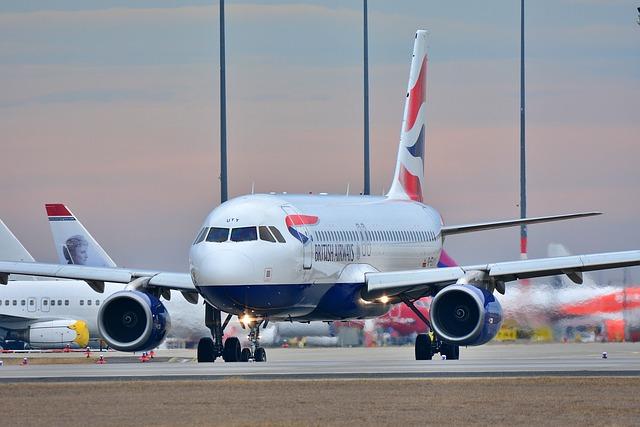
Flight Friday this week again looks at the overall commercial market after the first third of 2023.
With stability returning to travel globally, the number of flights (cycles) are slowly returning to equivalent 2019 levels.
As of April 2023, the narrowbody jet class has returned to almost 91% of the same number of flights in April 2019. We anticipate the narrowbody figure shall return to 100% of 2019 levels during the northern hemisphere summer months.
.
The widebody jets, currently, sit at a little over 85% of the equivalent month in 2019. Interestingly, the widebody jet market didn’t drop as low as the other classes, as it was helped by the large number of cargo aircraft still needed after the pandemic outbreak to help move goods (especially personal protective equipment, or PPEs) around the globe. With China dropping the zero-COVID policy in December 2022, that has helped propel the widebody flights higher.
The two regional classes, jets and turboprops, are both currently a little over 81% of April 2019 flights. With the initial spring back of the regionals’ utilization in the months after the pandemic outbreak, the return to pre-pandemic levels has cooled off over the last few quarters. With pilot and supply chain issues, we have seen carriers upgauge routes to narrowbody aircraft, with less frequency, and as a result the regionals utilization has plateaued slightly.
This data was put together using Aviation Week’s Tracked Aircraft Utilization tool





